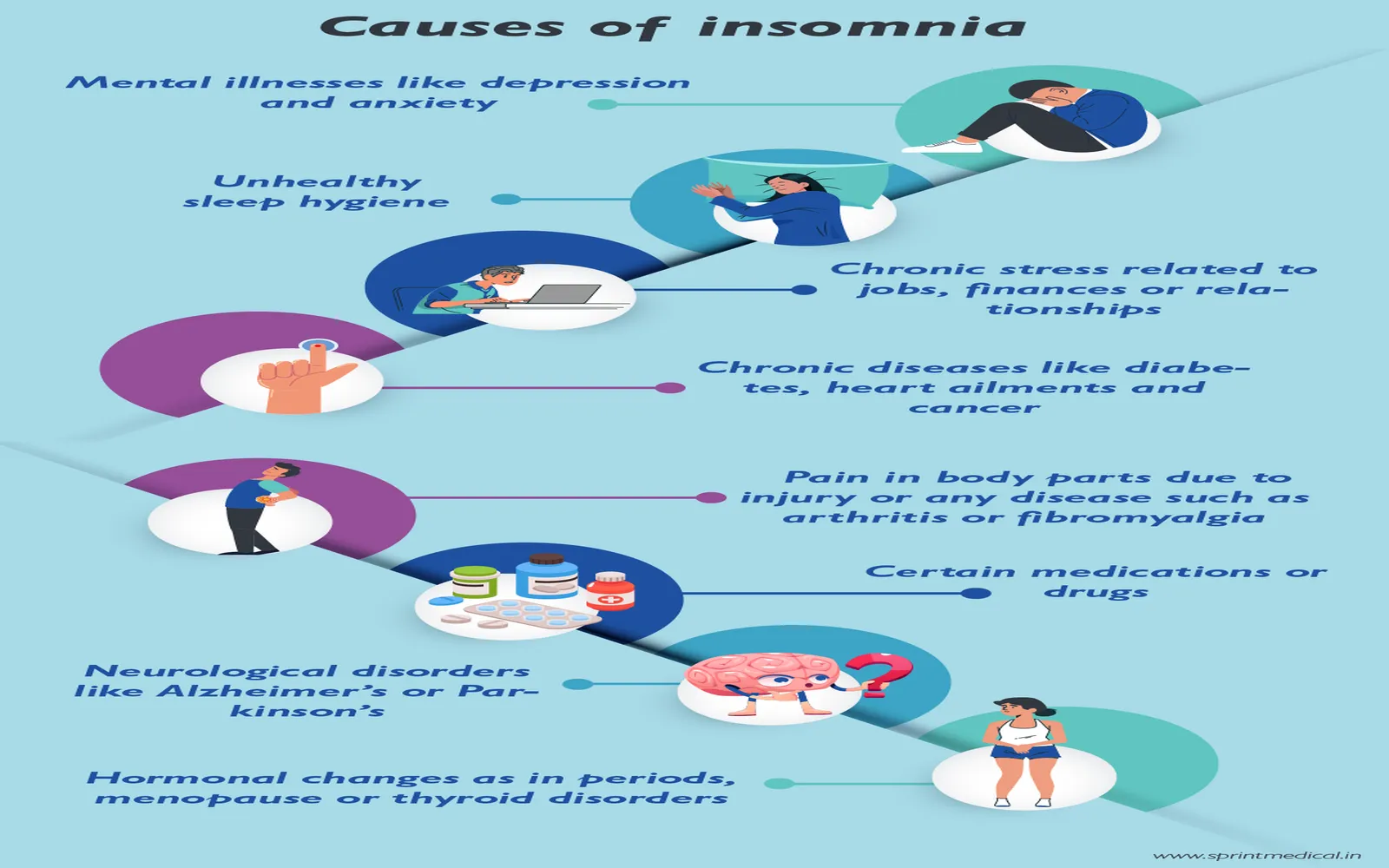Proven Ways to Treat Anxiety Disorder Naturally and Effectively
Anxiety disorder is a mental health condition characterized by excessive fear, worry, or nervousness that interferes with daily life. Unlike occasional anxiety, an anxiety disorder is persistent and may require professional treatment.
Symptoms of Anxiety Disorder
Recognizing the symptoms is the first step toward seeking treatment. Common symptoms include:
- Constant worry or fear
- Restlessness or feeling “on edge”
- Rapid heart rate
- Muscle tension
- Trouble sleeping
- Avoidance behaviors
- Panic attacks (in some types)
Best Treatments for Anxiety Disorder
1. Cognitive Behavioral Therapy (CBT)
CBT is the most effective, research-backed psychological treatment for anxiety. It helps individuals identify and change negative thought patterns and behaviors that fuel anxiety.
Benefits:
- Long-term coping skills
- Tailored strategies for each anxiety type
- Can be done in-person or via online therapy
2. Medication for Anxiety
In moderate to severe cases, medications may be prescribed to help manage symptoms.
Common options include:
- SSRIs (e.g., Sertraline, Escitalopram) – First-line treatment
- SNRIs (e.g., Venlafaxine, Duloxetine)
- Benzodiazepines (e.g., Lorazepam, Diazepam) – For short-term or acute anxiety
- Beta-blockers (e.g., Propranolol) – Often used for performance anxiety
Note: Always consult a psychiatrist for diagnosis and medication management.
3. Natural Remedies for Anxiety
Some individuals find relief from anxiety using natural approaches, especially when symptoms are mild.
Popular remedies include:
- Herbal supplements like ashwagandha, lavender, or chamomile
- Mindfulness meditation
- Yoga and breathwork
- Regular physical activity
- Limiting caffeine and alcohol
Important: Natural remedies should be discussed with a healthcare provider, especially if you’re also taking medication.
4. Lifestyle Changes
Daily habits can influence anxiety levels. Incorporating the following changes can support recovery:
- Maintain a balanced diet rich in whole foods
- Get 7–9 hours of sleep per night
- Establish a daily routine for structure
- Avoid stimulants and recreational drugs
- Stay connected with supportive friends and family
5. Support Groups and Peer Support
Connecting with others who understand what you're going through can be incredibly validating. Look for:
- Local mental health groups
- Online anxiety forums or apps
- Group therapy sessions
When to See a Mental Health Professional
You should seek professional help if:
- Your anxiety interferes with work, school, or relationships
- You experience frequent panic attacks
- You use substances to cope
- You have suicidal thoughts or depression symptoms
A licensed therapist, psychologist, or psychiatrist can provide a proper diagnosis and treatment plan.
Conclusion: Finding the Right Anxiety Disorder Treatment
There is no one-size-fits-all treatment for anxiety, but many effective options exist. Therapy, medication, and lifestyle changes—often used in combination—can lead to long-term relief. Early intervention is key, so don’t hesitate to reach out for help if anxiety is affecting your life.
Frequently Asked Questions (FAQs)
Q1: Can anxiety be cured completely?
A: While anxiety may not be “cured” in every case, it can be effectively managed with the right treatment.
Q2: Is medication necessary for anxiety?
A: Not always. Mild to moderate anxiety can often be treated with therapy and lifestyle changes, but medication can help in severe cases.
Q3: How long does it take for anxiety treatment to work?
A: Some people see improvement within weeks of starting therapy or medication, but long-term management may take several months.
Explore

How to Treat Insomnia Naturally and Effectively for Better Sleep

Top Online Master of Social Work (MSW) Programs and Degrees in 2024

Top 10 Best Online Medical Billing and Coding Programs in 2024

Finding the Best Online MBA in Accounting and Finance

Top Online PhD Programs and Doctoral Degrees in 2024

Top Affordable Online Bachelor's Degrees and Programs in Criminal Justice (2024)

Diving into Digital Scrubs: Top Online Nursing Programs and Degrees in 2024

Best Master’s Degrees in Education and Teaching 2024
